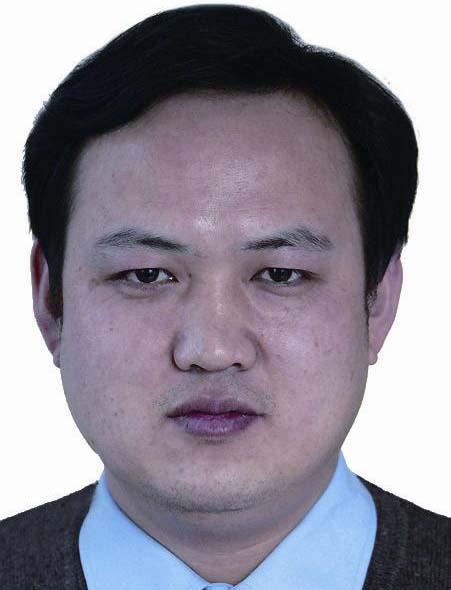For Common Development
2019-07-22ByLanXinzhen
By Lan Xinzhen

There are two kinds of reactions to the hot global topic of Chinas foreign assistance to other developing countries. Some people in the West try to deliberately discredit China, alleging it is throwing the recipient countries into a debt crisis, and even calling it“neo-colonialism.”
However, China and the countries benefiting from the assistance have been defending themselves against these allegations, bringing more attention to the issue.
Foreign assistance is a philanthropic act that should not trigger disputes, but since some Westerners always treat China-related issues with bias, Chinas foreign support is thus demonized.
According to the UN, providing assistance to other countries is an obligation and responsibility of developed countries. A UN General Assembly resolution explicitly says developed countries are obliged to allocate at least 0.7 percent of their gross national income as offi cial foreign assistance.
However, the allocations by most of the developed members of the Development Assistance Committee of the Organisation for Economic Co-operation and Development are lower than the UN criterion. To its credit, China, though a developing country, is committed to offering assistance to other developing countries within its capacity.
Chinas foreign assistance is different from the aid provided by Western countries. China has never attached political strings to its assistance offer, seeking to help in a mutually benefi cial, equal and effi cient way and keeping pace with the times. The Wests aid offer, on the other hand, always has political conditions attached. This unique Chinese model of foreign assistance eclipses the Western model, which loses its sincerity due to the conditional assistance. This probably explains why some people in the West are attacking Chinese foreign assistance.
China began to offer foreign assistance in the 1950s. The past seven decades since the Peoples Republic of China (PRC) was founded in 1949 have seen Chinas sense of responsibility in its overseas assistance efforts grow, focusing on building a community with a shared future for humanity.
In the early days after the PRCs founding, China tried its best to offer economic and technical assistance to other countries when it was itself economically strained and resource-strapped. Despite its rapid economic growth since the late 1970s, China has remained a developing country due to its low per-capita GDP.
However, against all odds, China managed to offer assistance within its capacity to help struggling developing countries so that they could experience social and economic progress and share the fruits of development.
To enable the people in other developing countries to enjoy a good life is not only Chinas ambition and responsibility as a big developing country, but also an aspiration of the Chinese Government and the Chinese people
To enable the people in other developing countries to enjoy a good life is not only Chinas ambition and responsibility as a big developing country, but also an aspiration of the Chinese Government and the Chinese people.
Currently, Chinas foreign assistance is disbursed under the Belt and Road Initiative and the framework of the Forum on China-Africa Cooperation. With Chinas help, the recipient countries have constructed a string of mainly infrastructure projects serving their national interest and peoples livelihood. Reduced poverty and improved living conditions have boosted the social and economic progress of these countries.
Based on this method and action, Chinas foreign assistance can never be likened to “neo-colonialism,”nor can it plunge the recipient countries into debt crises. As a Chinese saying goes, “Teach people to fish, and they will fi sh for a lifetime.” Following this, China tries to help nurture local talents and technical workforces, build basic infrastructure and develop and make use of local resources to put these countries on the path of selfreliance for their future development.
China also follows the Five Principles of Peaceful Coexistence: mutual respect for others sovereignty and territorial integrity, mutual non-aggression, non-interference in each others internal affairs, equality and mutual benefit, and peaceful coexistence. It respects countries right to choose their ways and models of development. China has never used foreign assistance as a tool to interfere in recipient countriesinternal affairs or seek political privileges. It sees foreign assistance as a way of mutual help among developing countries, aiming to promote bilateral friendship as well as win-win results.
In the past, China used to receive foreign assistance from other countries. As another Chinese saying goes,“ Do unto others as you would have them do unto you.”China has always believed that “mutual benefi t and common development” is the right concept to follow while conducting foreign assistance.
Today, its expanding scale of foreign assistance has made China one of the biggest providers. At the same time, the assistance has expanded Chinas international clout. Chinas philanthropy and its aspiration for common development and prosperity in the world will one day gain more recognition from the international community.
